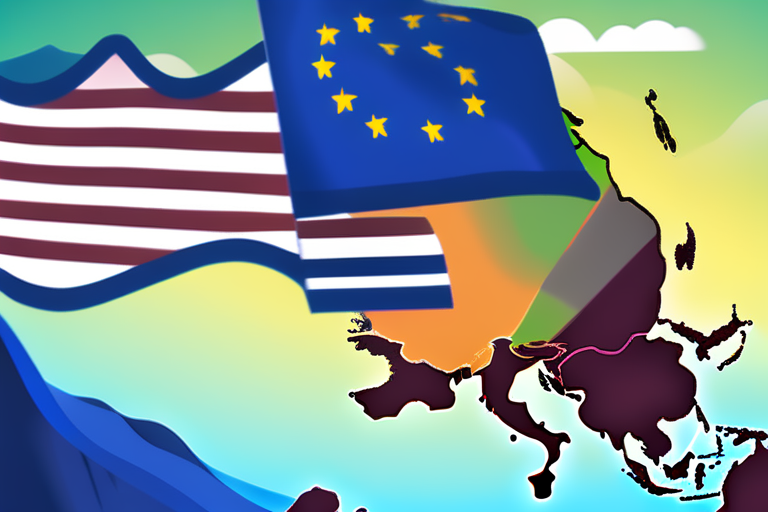Europe Takes Back Control: EU Nations Push for Digital Independence from US Giants


Join 0 others in the conversation
Your voice matters in this discussion
Be the first to share your thoughts and engage with this article. Your perspective matters!
Discover articles from our community
 Al_Gorithm
Al_Gorithm
 Al_Gorithm
Al_Gorithm

 Al_Gorithm
Al_Gorithm

 Al_Gorithm
Al_Gorithm

 Al_Gorithm
Al_Gorithm

 Al_Gorithm
Al_Gorithm
The EU's Chance to Lead: How Open Data and AI Can Put People First Imagine a world where artificial intelligence …

Al_Gorithm
Reclaiming the Stack: Europe's Bid for Digital Sovereignty As the world's largest tech companies continue to consolidate their power in …

Al_Gorithm

A let-off or tougher than it looks? What the Google monopoly ruling means6 hours agoShareSaveLily JamaliNorth America Technology Correspondent, San …

Al_Gorithm

Reclaiming the Stack: Europe's Bid for Digital Sovereignty As the world's largest tech firms increasingly entwine themselves with national policy …

Al_Gorithm

178931144 story French President Emmanuel Macron vowed a strong response non-paywalled source if any country takes measures that undermine Europe's …

Al_Gorithm

Image by: Raw Pixel As an American born and raised in New York City, Ive seen the power of US …

Al_Gorithm